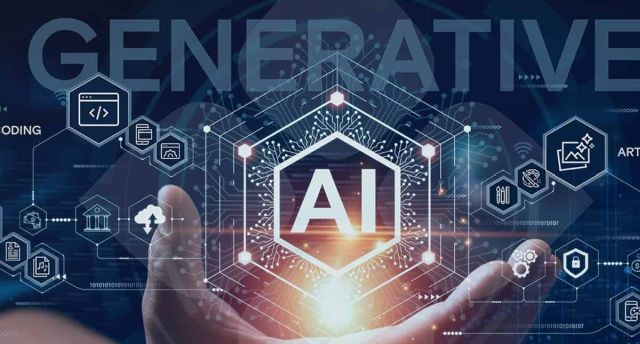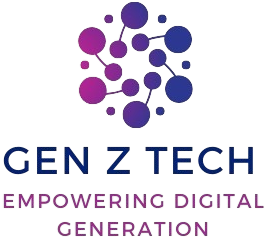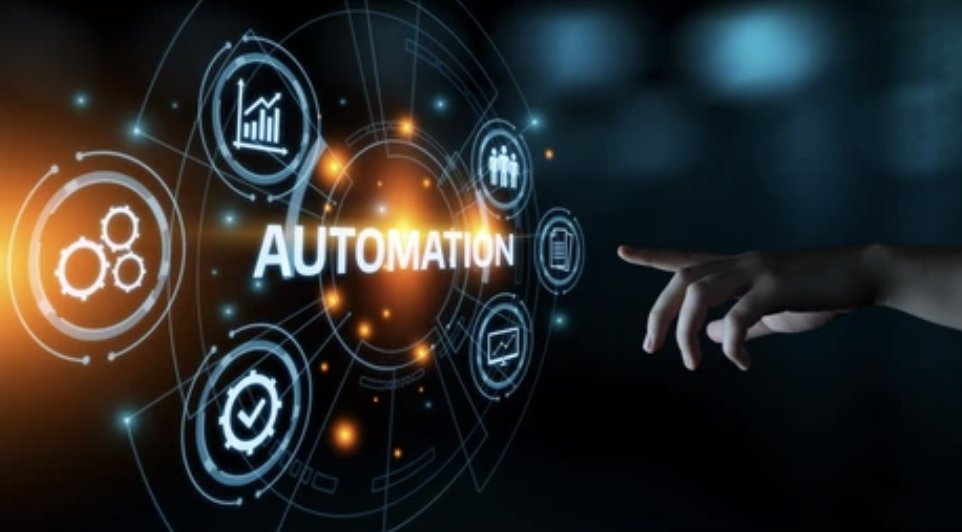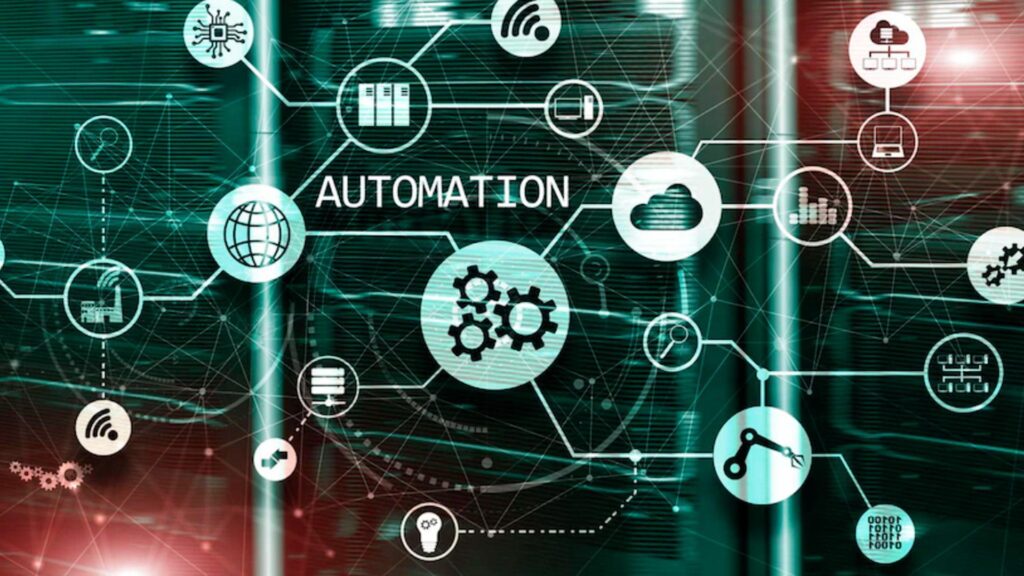.AI-Driven Automation: The Future of Work; The rapid advancement of artificial intelligence (AI) is transforming industries across the globe, reshaping the future of work in unprecedented ways. AI-driven automation, a key component of this revolution, is poised to redefine the workplace, enhancing productivity, efficiency, and innovation. However, it also presents challenges that require careful consideration. This article explores the impact of AI-driven automation on the future of work, highlighting its benefits, potential risks, and the need for adaptation.
Enhancing Productivity and Efficiency
Automatization through AI is revolutionizing https://genztech.online/ how work is done with an emphasis on efficiency for routine and information-based tasks. Having their applications in machines and software, AI can sort out great numbers of data in a rather shorter time as compared to human capabilities which can ultimately contribute to cutting out expenses of the businesses to a greater extent. For instance, in factories, it is possible to use intelligent robots to assemble products, inspect products for quality, package and present these products to the market more effectively and much faster than humans can.
In the service industry, AI is emerging as a customer interface through chatbots and voice assistants. Such AI applications can easily manage the recurrent questions, and orders, and even respond to them at any time helping the employees to concentrate on the more creative tasks. That same shift does not only improve efficiency but also the value that is delivered to customers by giving them quicker and more exact answers.

Fostering Innovation and New Opportunities
In addition to the obvious and indisputable economic saving, AI-driven automation is an enabler of innovation. Through scheduling common and routine tasks, the employees get the opportunity to solve complex and analytical issues. This shift of focus can give rise to the creation of new products, new services, and new business models. For instance, in the healthcare industry automation through AI is enhancing the capabilities of precision medicine, where an AI system uses a patient’s information to recommend a course of action, including treatment.
At the same time, the definition of new industries, such as financial, logistics, and agricultural industries with AI, is expanding new development space. The use of AI will unlock market analysis, better supply chain management, and efficient crop monitoring thus influencing better decision-making and enhancing competitiveness. These advances are not only enhancing known industries and operations but are also providing ground for new industries and professions to be developed.
Challenges and Risks
In this context, AI will bring a promise of automating many processes, bringing efficacy, efficiency, and order, but it will become an acute problem as well. The first and perhaps the most obvious concern is the impact that may exist in the aspect of job displacement. Their ability means that increased elements of working could be automated, particularly in the light of such employment which involves routine work.


